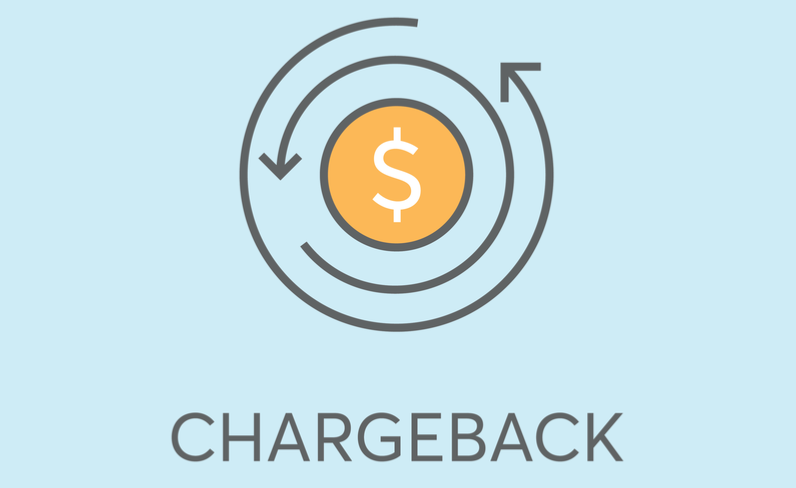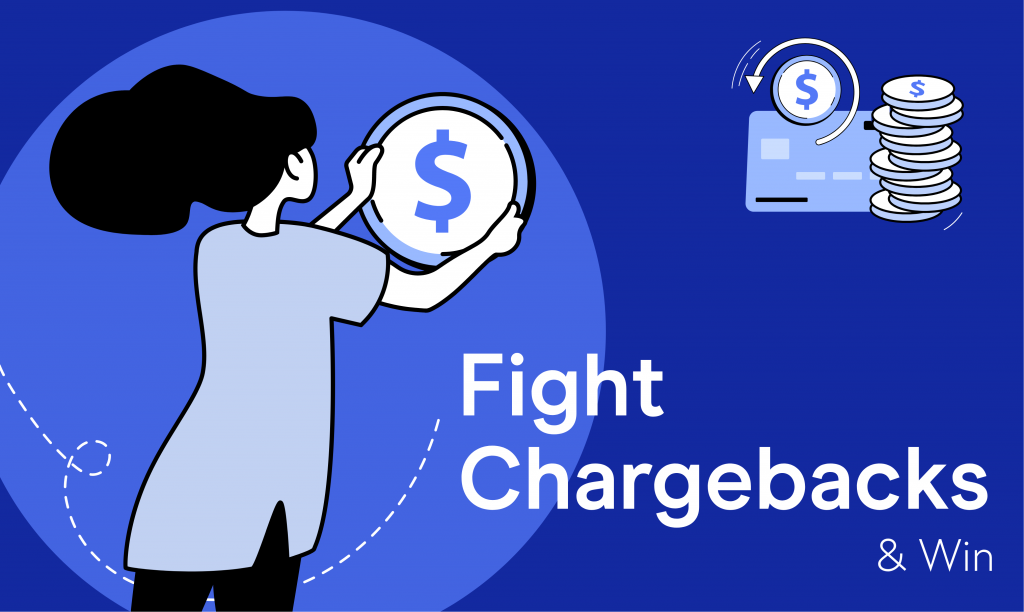
In the world of payments and e-commerce, chargebacks are a critical topic for merchants, cardholders, and financial institutions alike. Whether you’re running a retail store, a ticketing service, or you are an event organizer, understanding chargebacks is essential to maintaining financial health and customer trust. This blog post will delve into what chargebacks are, explore the various reason codes associated with them, provide strategies for disputing them, and highlight industry standards for chargeback percentages.
What Are Chargebacks?
A chargeback occurs when a customer disputes a credit card transaction, leading to a reversal of the payment. Essentially, it’s a process initiated by the cardholder’s bank (or issuing bank) to return funds to the cardholder’s account, often due to dissatisfaction with a purchase or suspected fraud. Chargebacks are designed to protect consumers from unfair practices, but they can pose significant challenges for merchants.
The Chargeback Process
- Initiation: A cardholder disputes a charge by contacting their issuing bank.
- Review: The issuing bank reviews the claim and, if deemed valid, initiates the chargeback process.
- Notification: The merchant is notified of the chargeback and given an opportunity to respond.
- Resolution: A decision is made based on the evidence provided by both parties.
Common Chargeback Reason Codes
Chargebacks are categorized using various reason codes, which help identify the underlying issue. Each card network (e.g., Visa, MasterCard, American Express) has its own set of codes. Here’s a breakdown of some common reason codes:
Visa
- Reason Code 13.1: Cardholder Disputes – The cardholder claims the transaction was not recognized or authorized.
- Reason Code 13.3: Fraudulent Transaction – The cardholder alleges the transaction was made without their authorization.
- Reason Code 13.7: Goods/Services Not Received – The cardholder did not receive the purchased goods or services.
- Reason Code 13.8: Cancelled Merchandise – The cardholder canceled the transaction but was still charged.
MasterCard
- Reason Code 4865: Fraud – The transaction is disputed due to suspected fraud.
- Reason Code 4870: Transaction Processing Error – Errors in processing or billing discrepancies.
- Reason Code 4853: Goods or Services Not Received – The customer did not receive the goods or services.
- Reason Code 4855: Credit Not Processed – The customer was promised a credit or refund that was not received.
American Express
- Code 10: Fraudulent Charge – The cardholder claims they did not authorize the charge.
- Code 11: Credit Not Processed – The cardholder did not receive a credit or refund they were entitled to.
- Code 12: Goods/Services Not Received – The customer claims they did not receive the goods or services.
How to Fight Chargebacks

Fighting a chargeback involves presenting evidence to dispute the claim. Here are key steps to effectively manage and counter chargebacks:
1. Collect Evidence
Gather all relevant documentation including:
- Transaction Details: Receipts, invoices, and transaction logs.
- Communication Records: Emails, chat logs, and any correspondence with the customer that you can find.
- Proof of Delivery: Shipping confirmations, email send logs (Showing the receipt where the tickets were emailed to), and delivery receipts.
2. Respond Promptly
Adhere to the deadlines set by the card network for responding to chargebacks. Delays can lead to automatic losses.
3. Provide Clear Documentation
Ensure your evidence is organized and clearly addresses the reason code. Be concise and direct in your response.
4. Understand the Chargeback Reason
Tailor your response to the specific reason code. For example, if it’s a “Goods Not Received” claim, provide proof of delivery or if it was a ticket purchase you can even check to see if the ticket was scanned in and use that as evidence for your case.
5. Leverage Chargeback Management Tools
Consider using chargeback management services or software to streamline the process and automate some aspects of evidence gathering and submission. Chargeback Gurus, Bankhawk, Verifi….etc
Industry Standards for Chargeback Percentages
Chargeback rates vary across industries and regions, but maintaining a low chargeback rate is crucial for business health. In the ticketing industry, for example, here are some general benchmarks:
- Low Chargeback Rate: 0.5% or below – A chargeback rate of 0.5% or lower is considered excellent and indicates effective transaction handling and fraud prevention.
- Moderate Chargeback Rate: 0.5% – 1.0% – This range is typical but may suggest that there’s room for improvement in customer service or fraud management.
- High Chargeback Rate: Above 1.0% – A chargeback rate above 1% is often viewed as high and could lead to penalties or higher transaction fees from payment processors.
If you are an event organizer you can take your total chargeback amount and your total sales amount to figure out what the chargeback percentage was for your specific event.

Conclusion
Chargebacks are a natural part of the payment ecosystem, designed to protect consumers and ensure fairness. By understanding the different reason codes, preparing effective responses, and monitoring industry standards, merchants can better manage chargebacks and reduce their financial impact. Staying informed and proactive is key to maintaining a healthy and profitable business in today’s competitive market.
As always if you are looking for some great events to attend you check out our featured events HERE.
Other Articles








